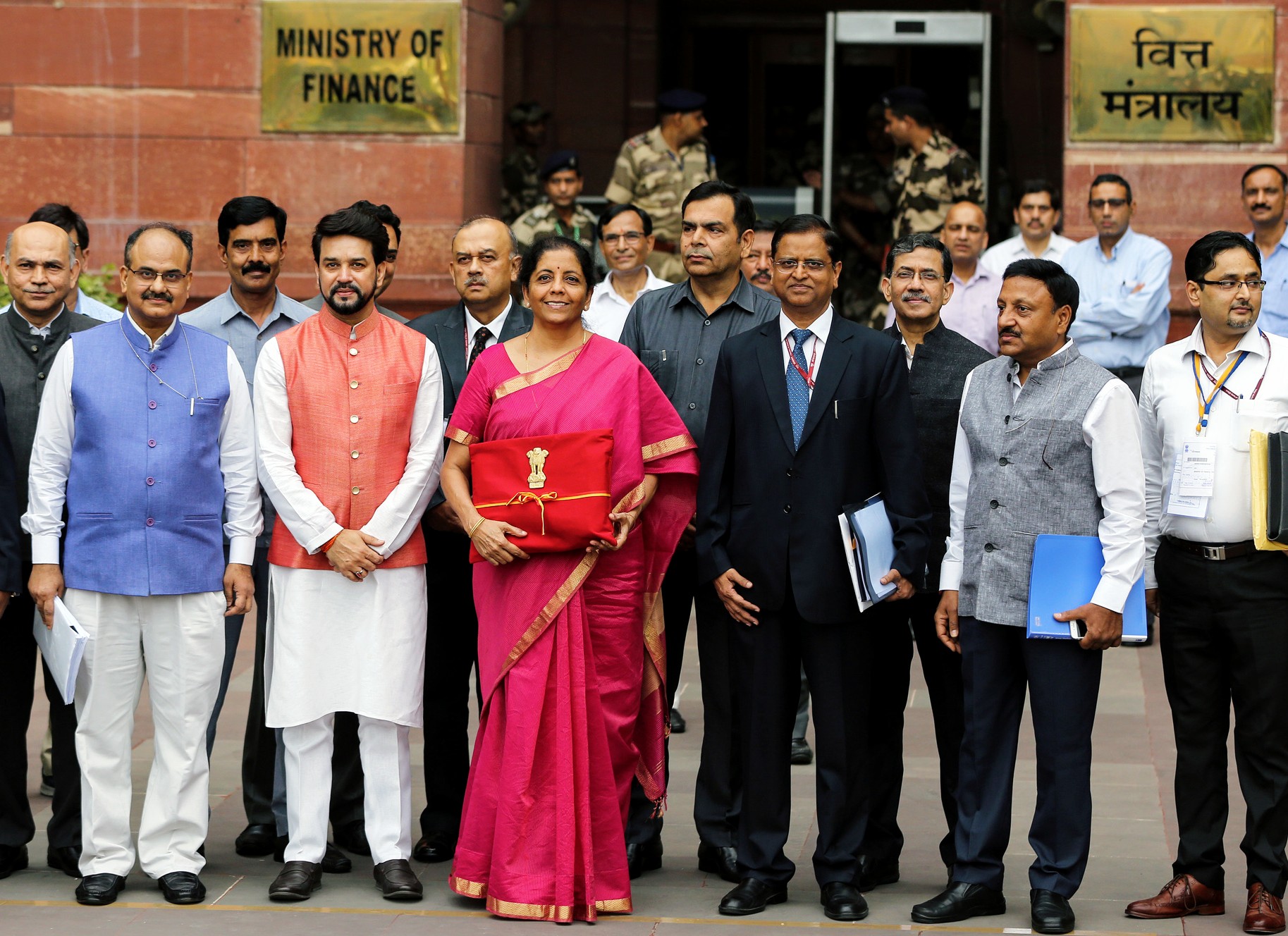New Delhi: Civil Societies across India have lauded the ongoing efforts of the Indian government on tobacco taxation and urged it to sustain and augment the momentum against tobacco and the lobby trying to support it.
Endorsing the government’s decision to include cigarettes and smokeless tobacco in the highest tax slab for its long-lasting impact on the lives of the country’s 268 million tobacco users, public health organizations have said that this will provide a solid foundation for reducing tobacco usage among vulnerable populations.
These organizations and doctors have emphasised the need for constant review and increase in tobacco taxation rates to ensure tobacco/products do not become more affordable.
The health experts said that in spite of the positive moves of the government in 2017, present GST rates combined with the compensation cess for all tobacco products is far below the recommended level of tax burden.
The total tax burden is currently only about 53% for cigarettes, 22% for bidis and 60% for smokeless tobacco, a data which reveals a far different picture from what the tobacco industry is portraying in their demand for lower taxes.
“Government should not hesitate to increase tobacco taxes fearing it will lead to increased illicit trade. This is a myth tobacco industry has been using in most countries quite successfully. The evidence from both within and outside India, however, points to the contrary,” said Rijo John, Economist and Health Policy Analyst.
He said that there are several countries with much larger taxation on tobacco than in India and, yet, very low levels of illicit trade.
“Country should instead increase taxes and perhaps use a share of that revenue towards strengthening tax administration and effective implementation of WHO protocol to eliminate illicit trade in tobacco products.”
Refuting the industry claims that tobacco farmers suffering due to tax increase as being unfounded and highly misleading, these public health organisations and physicians have said that if the industry is genuinely representing farmers’ interests, they should be ready to part with a higher share of their profit margins to farmers instead of exploiting them and increasing its own profits.
They further said that it is well known that most tobacco farmers are caught in a vicious cycle to debt by the organized tobacco industry through long term loans with high interest rates.
Bhavna Mukhopadhyay, Chief Executive, Voluntary Health Association of Indi said: “Tobacco kills more than 1.3 million people each year in India, home to the second greatest number of smokers in the world behind China.”
“Additionally, tens of millions use deadly smokeless tobacco products. These are harsh realities and there is nothing positive about tobacco consumption. In fact, approximately 130 million people of age 15 and older in India currently smoke and roughly half of all adults are exposed to second-hand smoke at home”.











